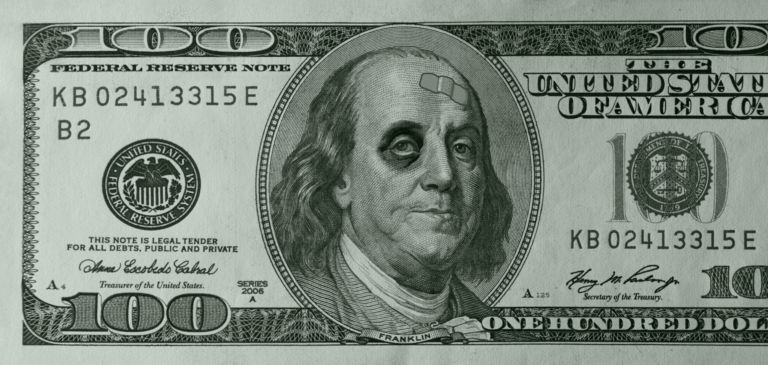The latest issue of Hillsdale College’s Imprimis features Andrew Puzder’s assessment of the Biden economy.
Just about everybody on Wall Street knows, despite what you read in the financial press, that the Biden administration’s economic policies are driving our economy into a recessionary ditch. In a recent Wall Street Journal survey of 23 large financial institutions that do business directly with the Federal Reserve, 16 predicted a recession in 2023 and two predicted a recession in 2024, while only five predicted that we would avoid a recession—although even those five predicted we’d have only one-half percent economic growth, well below the 2.1 percent average over the past 20 years and dangerously close to what has traditionally been considered a recession.
A recession is defined, traditionally, as two consecutive quarters of negative economic growth. At least it was defined that way before the financial press redefined it prior to the 2022 midterms, ensuring that despite two consecutive quarters of negative growth, President Biden’s policies couldn’t be labeled recessionary. But regardless of the definition, this negative growth meant declining standards of living, fewer job opportunities, lower wages, and increased poverty for the American people. Overall, we have become a far less vibrant and far less prosperous society on the verge of a serious recession.
The hard economic times we are experiencing are especially striking as they come on the heels of the Trump boom, which opened our eyes again to American economic potential when we have low taxes, reduced regulation, and a bountiful supply of domestic energy. …
… The year 2019 should be remembered as the year of the worker. And that wasn’t due to mandated wage increases, racial reparations, climate regulations, tax increases, or any other redistributionist policy. Working class Americans saw their circumstances materially improve in 2019 because of policies that encouraged economic freedom.
Turning the clock ahead, since March 2021, two months after Biden took office and began reversing Trump’s economic policies, the Consumer Price Index—the average in prices paid by consumers for goods and services, by which inflation is commonly measured—has surged. And it continues to surge.


